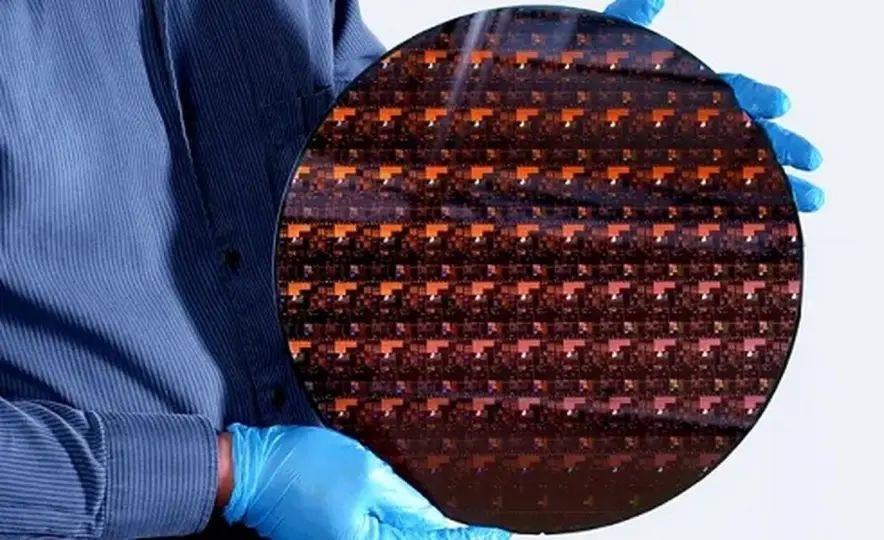In the global competition in the semiconductor industry, the dynamics of Rapidus, a Japan advanced chip manufacturer, have attracted wide attention in the industry. Rapidus not only carries the hope of the revival of Japan's semiconductor industry, but also a key step for Japan to maintain its competitiveness in the high-tech field. In this article, China Exportsemi will analyze Rapidus' technology development, government support, market positioning and challenges, and discuss its impact on the road to the revival of Japan's semiconductor industry.
1. Rapidus' technology development and strategic planning
The establishment of Rapidus is an important step for the Japan government and the business community to jointly respond to the global competition in the semiconductor industry. According to reports, Rapidus plans to start mass production of advanced logic chips with a 2nm process in 2027 and has proposed a plan to cost about 7 trillion yen. The achievement of this goal will enable Japan to return to its leading position in global semiconductor manufacturing.
To achieve this ambitious goal, Rapidus is actively advancing its 2nm wafer fab IIM-1 in Chitose City, Hokkaido. According to the latest reports, the construction of IIM-1 has been completed by about eighty percent, and it is expected to be completed in the first quarter of 2025, and the trial production line will be put into operation in April of the same year, and the 2nm advanced process will be officially mass-produced in 2027. In addition, Junyoshi Koike, president of Rapidus, said that if the mass production of the 2nm process goes smoothly, the company plans to build a second wafer fab with a more advanced 1.4nm process.

Figure: Rapidus plans to build a second fab with a more advanced 1.4nm process
2. Government support and fund raising
The development of Rapidus is strongly supported by the Japan government. Japan's Minister of Economy, Trade and Industry Yoiji Muto said the government will consider additional financial support for Rapidus and submit a bill to the Diet as soon as possible to provide necessary support, including loans. Rapidus has previously received about 920 billion yen in government funding, but there is still a funding gap of about 4 trillion yen.
To fill this funding gap, Rapidus is looking for a variety of funding options. According to reports, Rapidus has temporarily abandoned its plan to obtain a 100 billion yen loan from a bank and instead seeks an equity investment of the same size. This decision is due to the fact that Rapidus does not expect to achieve mass production of the 2nm process until 2027, which is still some way from commercialization.
3. Cooperation and technology sharing
The development of Rapidus depends not only on government support and fundraising, but also on cooperation and technology sharing with other enterprises. For example, the collaboration between Japan's Denso and Rapidus will share advanced chip design methods, which could trigger a series of far-reaching implications that will affect the industry landscape and Japan's position in the global semiconductor market.
In addition, Rapidus has established technical cooperation memorandums with international partners such as IBM and IMEC in Belgium, opening the "door" to the development of EUV lithography technology. These collaborations not only accelerate the efficiency of semiconductor design and shorten the design-to-production cycle, but also may promote the overall technological level of Japan's semiconductor industry.
4. Market analysis and future prospects
Rapidus has a clear market positioning, that is, it focuses on automotive and ASIC chip manufacturing, and works closely with car companies. This strategic positioning is not only in line with Japan's global leading position in the automotive industry, but also provides Rapidus with stable market demand and cooperation opportunities.
However, the development of Rapidus also faces challenges. The global semiconductor industry is increasingly competitive, with rapid technological upgrading and huge capital investment. Rapidus needs to continue to make efforts in technological innovation, market expansion and fundraising to stay ahead of the fierce market competition.
In conclusion, the development of Rapidus is the key to the revival of Japan's semiconductor industry and an important step for Japan to maintain its competitiveness in the global high-tech sector. Despite the challenges, Rapidus' technical prowess, government support, partnerships and market positioning have laid a solid foundation for its future success. With the mass production of the 2nm process and the advancement of the 1.4nm process, Rapidus is expected to become an important player in the global semiconductor industry and inject new impetus into the revival of the semiconductor industry in Japan.






